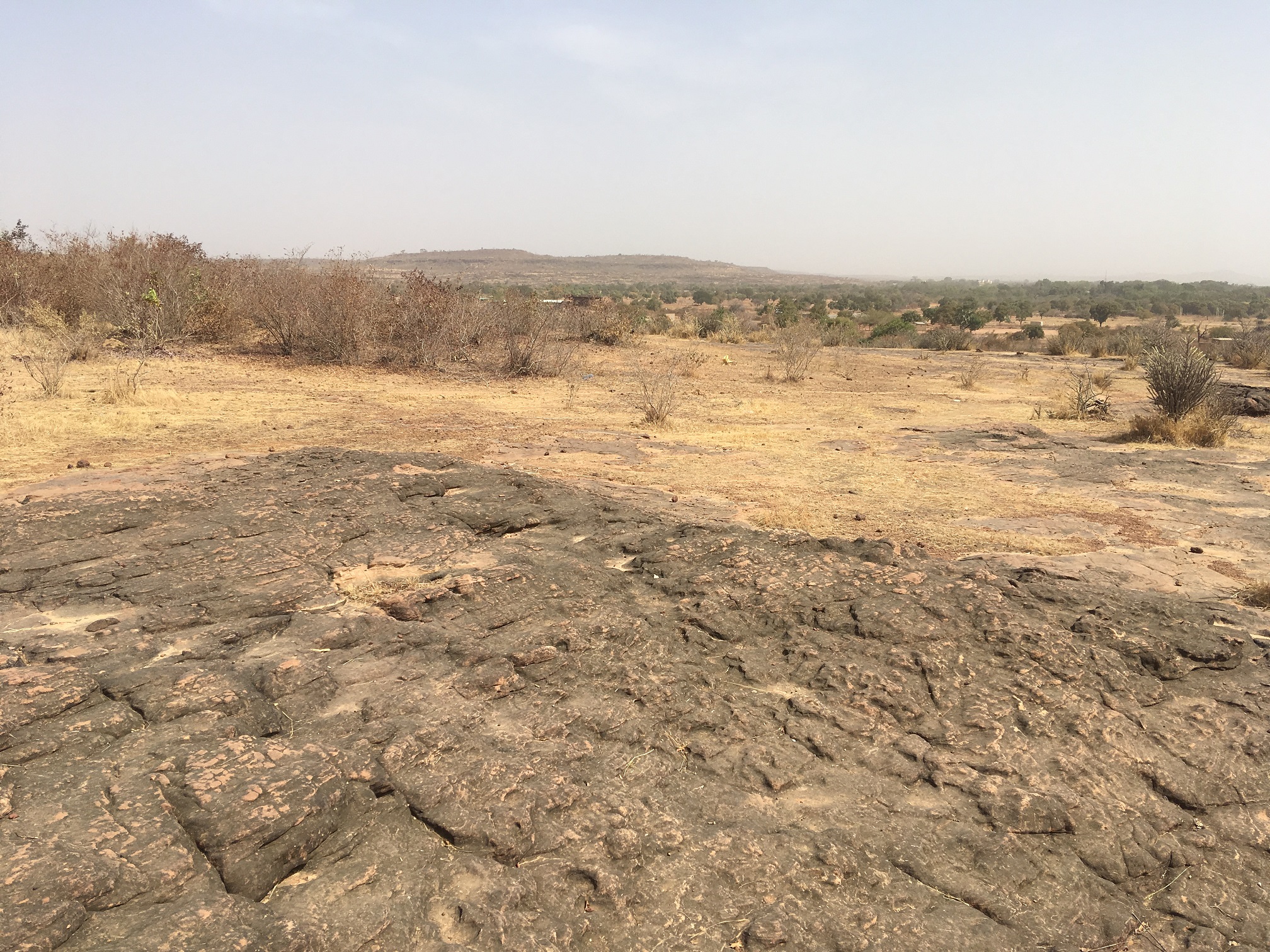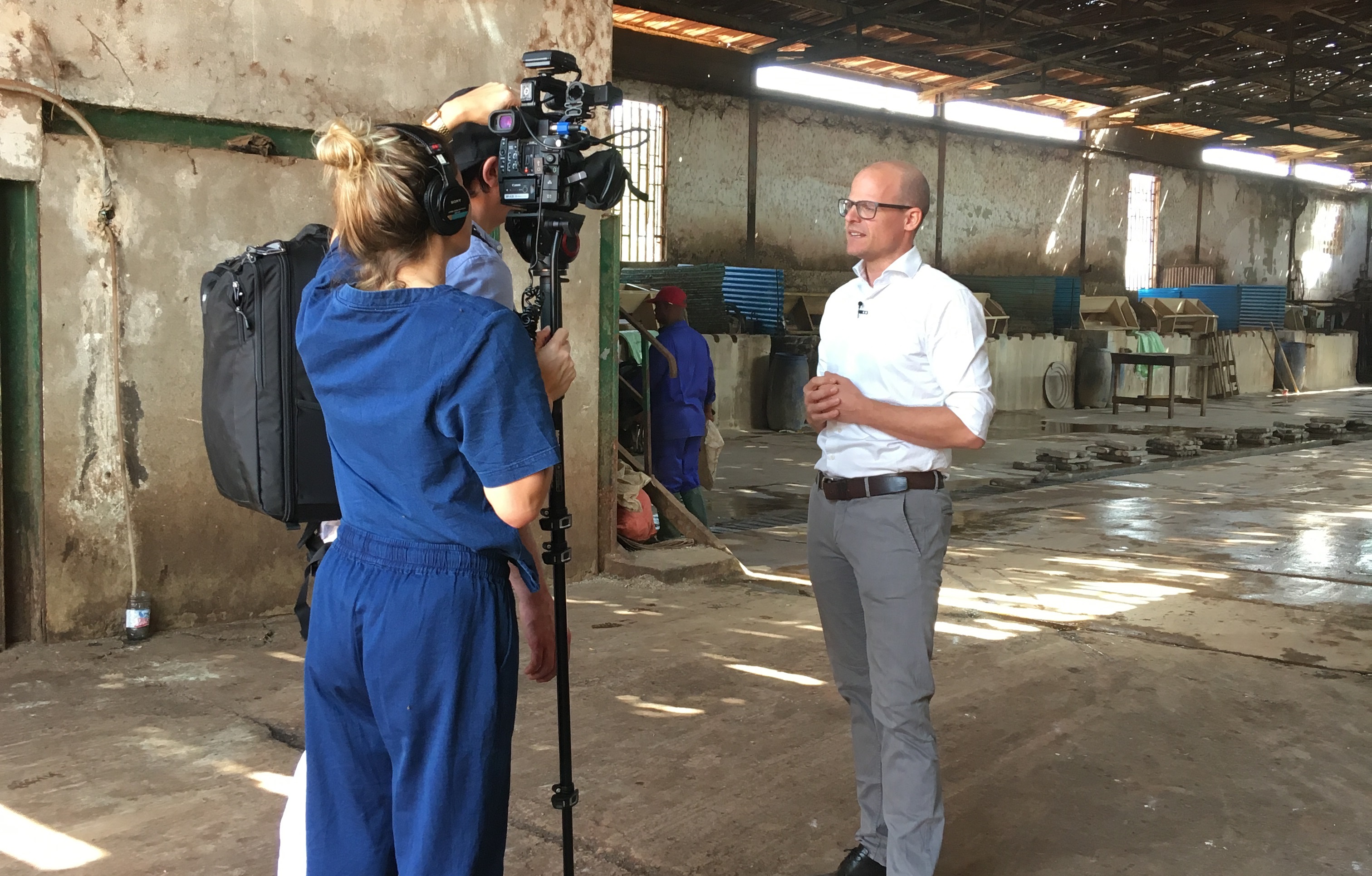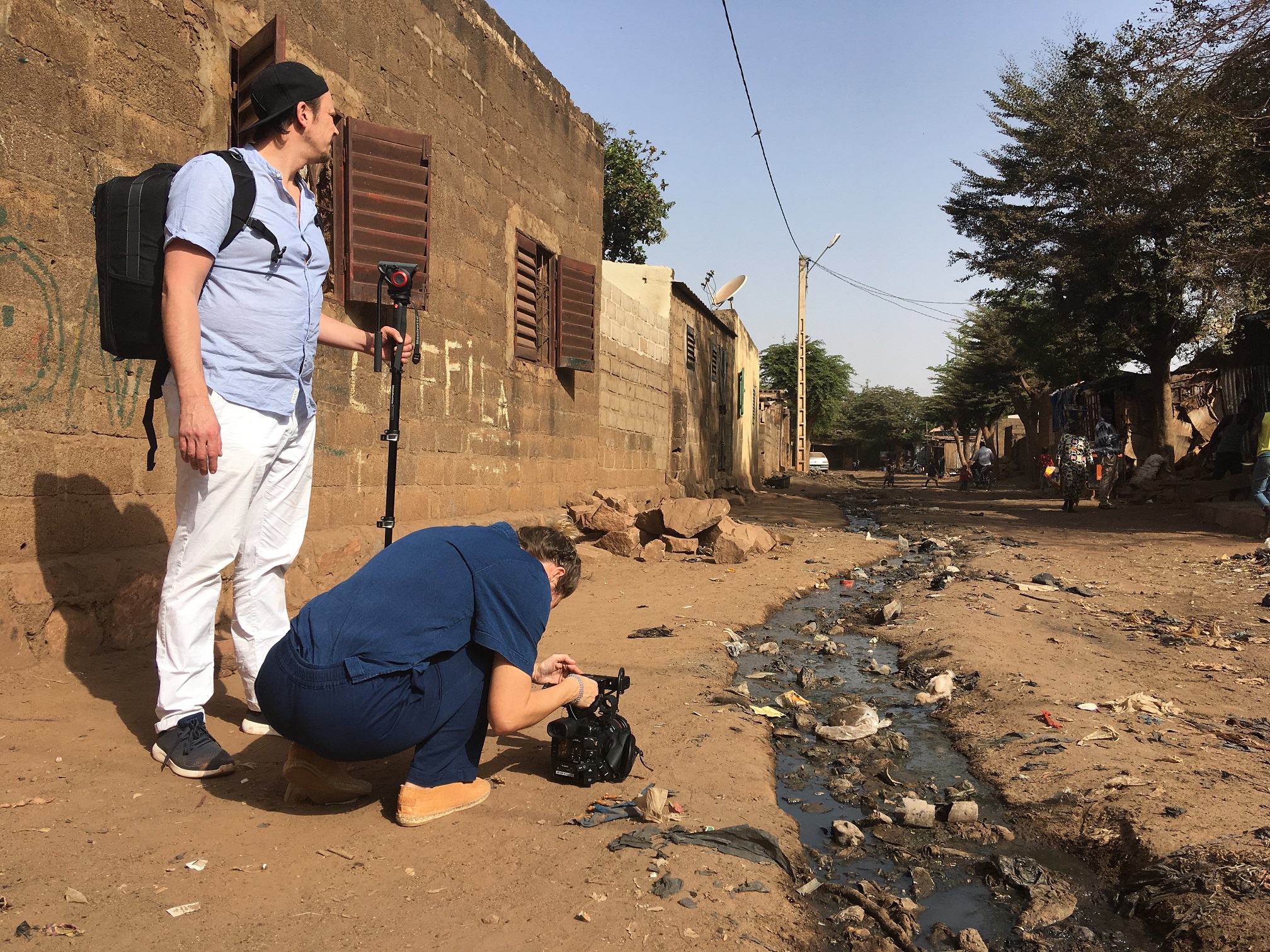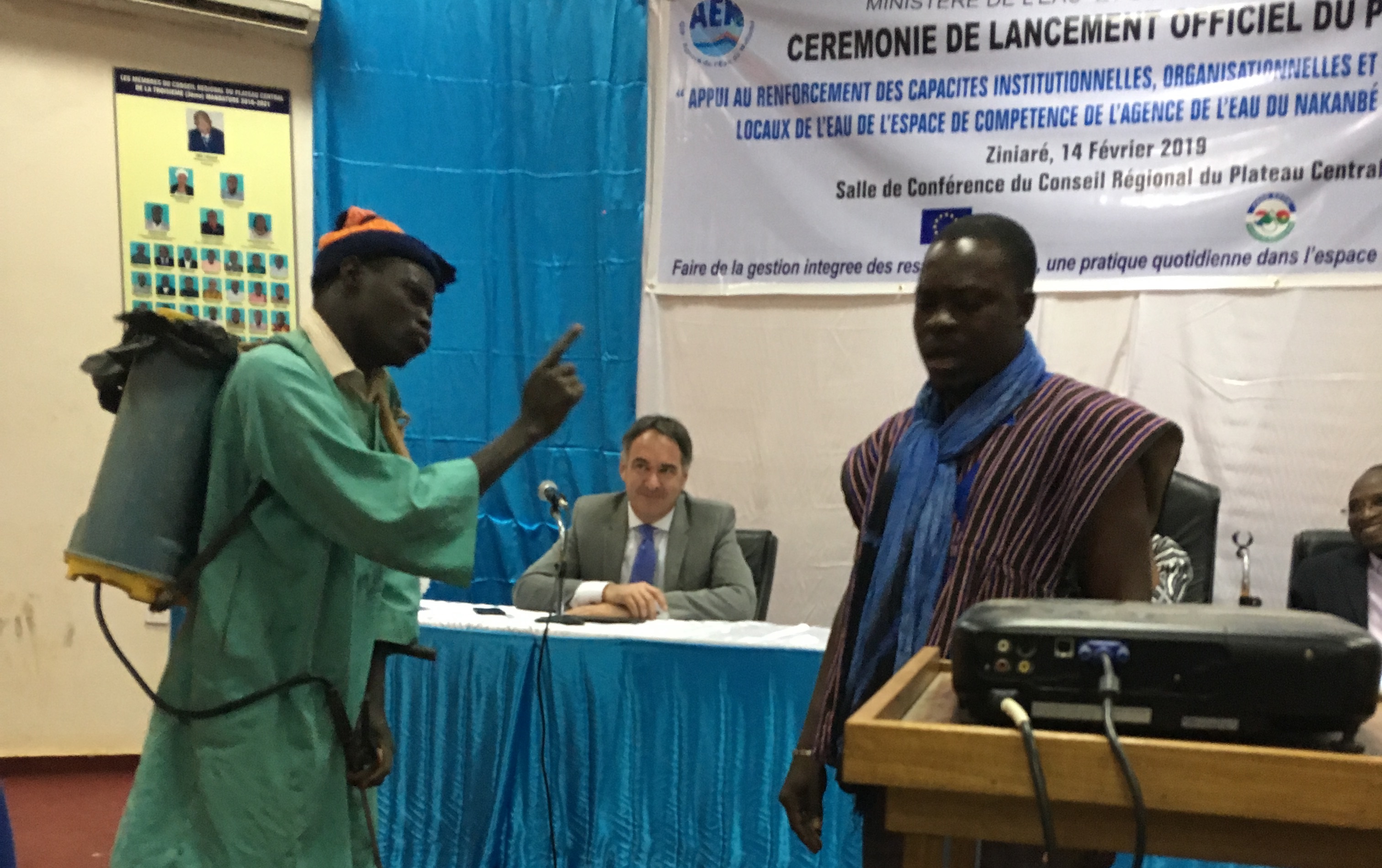Koen@Bamako
27 February 2019Part 4: Winter in Bamako
December and January are the coldest months in Bamako. Although Malians do not use the word ‘winter’, they do talk about the cold nights (temperatures might drop to 15 degrees Celsius), the nice and warm morning sun to warm up a bit, and the occasional but persisting flue that comes along with such weather. It is all so familiar to the Dutch-weather-conversations we have in the Netherlands in these months! During the daytime, temperatures normally rise to a comfortable 35 degrees. Because air humidity is rather (or extremely!) low, this is a very pleasant temperature. At moments, the moisture content is no more than 11% (according to our ‘Action’-bought domestic weather station); bread turns into ‘beschuit’ in less than 15 minutes and the laundry dries within 2 or 3 hours (also at night).
The people in Bamako enjoy this time of year. For most of them, it is their favorite period as they sleep comfortably, don’t sweat so much and are able to use their winter-wear: woolen hats, shawls and jackets. It is like the Dutch showing off their new bathing suits during our summer holiday; you are happy to finally show what has been in your wardrobe for so long. As the standard during these months is set by blue and sunny skies, there might be cloudy days in between during which the maximum temperature does not exceed 28 degrees. Well informed by the French (television, radio, newspapers, etc.), they are quick to link it to snowfall or avalanches in the Alps in France. I do wonder though if the relations are that causal.
Water management doesn’t change much over wintertime. The rainy season stopped in September 2018, so water levels in the Niger river have dropped and will further decline in the months to come. All grass and shrubs are now brown, what gives Bamako (and surroundings) a bit more of a Sahel feeling. For the drinking water production of Bamako, this does not really cause problems, as the Niger still contains sufficient water.
 The Malian landscape is dry and arid during the winter
The Malian landscape is dry and arid during the winter
Workwise, we used the Malian winter to finalize the Blue Deal Proposals. The Blue Deal is a program of the Dutch ministries of Foreign Affairs and Infrastructure and Water management, together with the Dutch Water Authorities to improve integrated water management for 40 million people in 20 river basins. An ambitious program that will contribute to obtaining the Sustainable Development Goals (SDG’s) in 2030. With many other Waternet- and DWA colleagues, we make great effort develop new and maintain existing partnerships with public water organizations (like Waternet itself). A total of nine projects is likely to start implementation in April 2019. For this occasion, a film-crew came to Mali, Burkina Faso and Ghana to shoot footage for a Blue Deal film. The two-headed crew spend several days in each of the countries to interview local partners and DWA experts. I am very anxious to hear about the results!
 “Movie star” Koen Maathuis being interviewed by the Blue Deal film crew
“Movie star” Koen Maathuis being interviewed by the Blue Deal film crew
 Blue Deal film crew in action
Blue Deal film crew in action
On February 14th, the Faso Koom II project in Burkina Faso was festively launched. We will continue to work with the Regional Water Authorities (Agences de l’Eau) in Burkina Faso and strengthen them to improve integrated water resources management. The European Union is supporting us with a grant of 1 million euros for the coming four years. World Waternet Director Steven van Rossum was there to express his sincere (French) words of gratitude for this new phase. His speech was followed by a piece of theatre about the interaction between farmers and the water managers of our partners.
 A piece of theatre was performed during the launch of the Faso Koom II
A piece of theatre was performed during the launch of the Faso Koom II
We used the Christmas holiday to spend some weeks in the Netherlands. Apart from the usual visits to the in-laws, parents and friends, I was at the Waternet Head Quarters as well. Despite all Skype and WhatsApp calls, it is crucial to keep meeting colleagues face-to-face. No better opportunity for that just before Christmas, when a number of social events (like the ‘kerstborrel’) were organized. What struck my children most of being back in the Netherlands, is the speed of the cars at the highway. Within four months they had forgotten how it is to drive on a road without potholes.